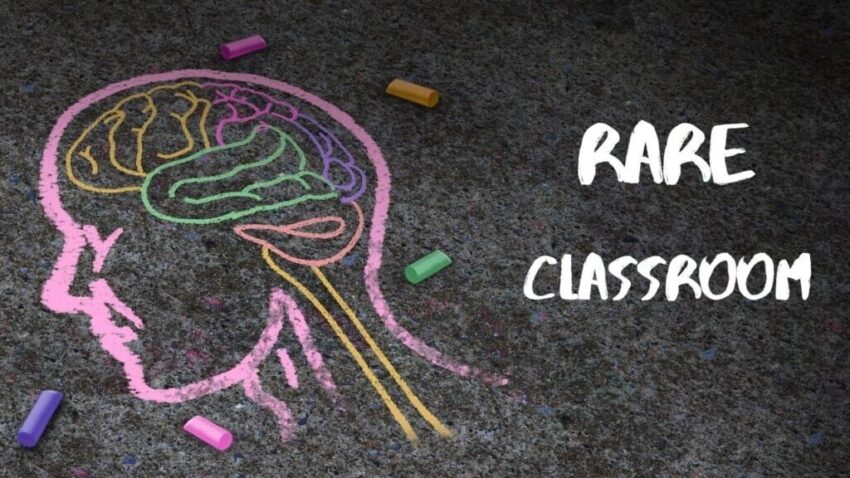Welcome to the Rare Classroom, a new series from Patient Worthy. Rare Classroom is designed for the curious reader who wants to get informed on some of the rarest, most mysterious diseases and conditions. There are thousands of rare diseases out there, but only a very small number of them have viable treatments and regularly make the news. This series is an opportunity to learn the basics about some of the diseases that almost no one hears much about or that we otherwise haven’t been able to report on very often.
Eyes front and ears open. Class is now in session.

The disease that we will be learning about today is:
Wiskott-Aldrich Syndrome
Also known as eczema-thrombocytopenia-immunodeficiency syndrome.
What is Wiskott-Aldrich Syndrome?
- Wiskott-Aldrich syndrome is rare X-linked illness that is characterized by immune deficiency, low platelet count, eczema, and bloody diarrhea
- The disease was first described in 1954
- Related disorders include X-linked congenital neutropenia and X-linked thrombocytopenia, but these are generally less severe illnesses linked to the same mutation
- The microthrombocytes seen in WAS patients have only been observed in one other condition, ARPC1B deficiency
- The diagnosis is made from clinical findings, the peripheral blood smear, and low immunoglobulin levels
- The estimated incidence of the syndrome in the US is one in 250,000 births
How Do You Get It?
- As an X-linked disease, most patients are males. It is inherited in a recessive pattern
- When females are affected, symptoms are generally much milder
- WAS is linked to mutations on the short arm of the X chromosome (Xp11.23) to gene called WAS
- Different mutation variants have been linked to different pathogenic variants of the syndrome.
- Mutations are usually inherited as opposed to appearing randomly
What Are The Symptoms?
- Some of the most common signs and symptoms of Wiskott-Aldrich syndrome include:
- Eczema ranging from mild to severe
- Low platelet count (thrombocytopenia)
- Very small platelets (microthrombocytes) which causes:
- Bloody diarrhea
- Mucosal bleeding
- Bruising and/or purpura (bleeding under the skin)
- Internal bleeding in the brain, which can be lethal
- Petechiae (small red dots on the skin)
- More severe bleeding can occur
- Other skin problems can appear, such as abscesses, impetigo, or cellulitis
- Immune deficiency, leading to increased risk of infections
- Ear infections and certain viral infections can be especially common
- Patients also have an increased risk of autoimmune disease
- This risk tends to get worse as the patient ages
- Increased risk of certain cancers, such as lymphoma
- Fatigue
- Breathing problems
- Learning disability
- Fever
- Sinusitis
- Vomiting blood
- Inflammation of the large intestine
How Is It Treated?
- Treatment for Wiskott-Aldrich syndrome varies depending on the disease severity
- The only option that can potentially cure the disorder is hematopoietic stem cell transplant. Stem cells are harvested from peripheral blood, cord blood, or the bone marrow
- Siblings are often the best donors
- Treatment has the best chance for success before the development of malignancy (cancer) or an autoimmune disorder
- Aside from stem cell transplant, other treatments are focused on controlling symptoms, principally bleeding.
- Nonsteroidal anti-inflammatory drugs (NSAIDs) should be avoided for their blood thinning properties, which increases bleeding risk
- Other options may include platelet transfusions, protective helmets (to stop brain bleeds), eltrombopag, blood transfusions, and iron supplementation
- IVIG may be employed to improve the performance of the immune system. Topical steroids can treat eczema, and some patients may begin prophylactic antibiotic regimens.
- Future treatments may include gene therapy, which could potentially cure the syndrome.
Where Can I Learn More???
- Check out our cornerstone on this disease here.
- Learn more about this condition from the Wiskott-Aldrich Foundation.


